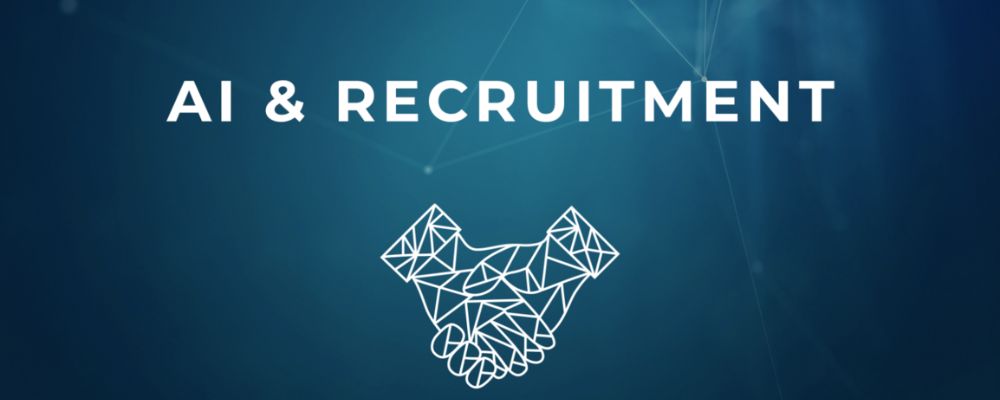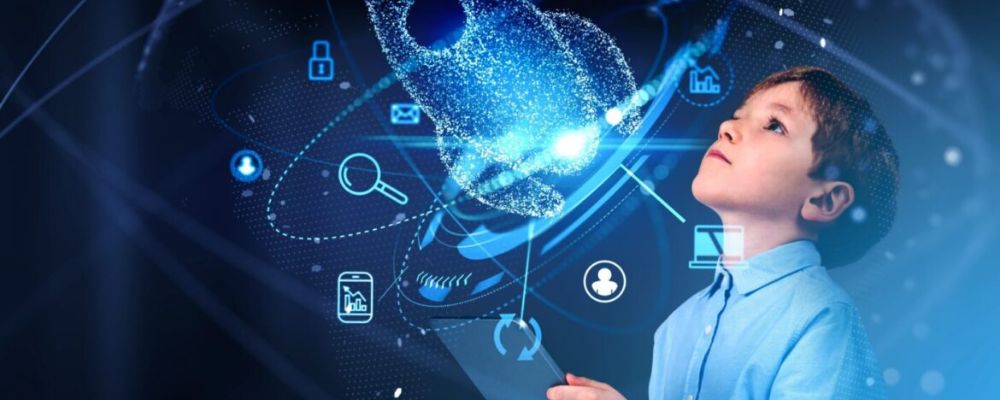
In today’s fast-paced business environment, finding the right talent quickly and efficiently is crucial. AI in recruitment is transforming the way companies approach talent acquisition, automating processes to enhance efficiency and accuracy. This blog explores how artificial intelligence is revolutionizing the hiring landscape, the benefits of automation, and how you can leverage these technologies to improve your recruitment strategy.
How AI is Transforming Talent Acquisition
AI technology is reshaping recruitment practices by streamlining and automating various aspects of the hiring process. From resume screening to candidate sourcing, AI tools are designed to enhance efficiency and reduce the time spent on manual tasks. Here’s a look at some key ways AI is making an impact:
1. Automated Resume Screening
One of the most time-consuming tasks in recruitment is sorting through hundreds or thousands of resumes. AI-powered resume screening software uses machine learning algorithms to quickly analyze resumes, identify key qualifications, and shortlist candidates who best match the job description. This automation not only speeds up the screening process but also reduces human bias, ensuring a more objective evaluation.
2. Intelligent Candidate Sourcing
AI-driven candidate sourcing tools can proactively search for and identify potential candidates across various platforms, including job boards, social media, and professional networks. These tools use advanced algorithms to match candidate profiles with job requirements, significantly expanding the talent pool and increasing the chances of finding the perfect fit for the role.
3. Enhanced Candidate Experience
AI chatbots are increasingly used to improve candidate experience by providing instant responses to queries, scheduling interviews, and guiding candidates through the application process. This not only enhances the overall experience for applicants but also reduces the administrative burden on HR teams.
4. Data-Driven Decision Making
AI tools collect and analyze large volumes of data related to recruitment processes. This data-driven approach allows companies to gain insights into hiring trends, candidate behaviors, and recruitment metrics. By leveraging these insights, businesses can make more informed decisions and refine their talent acquisition strategies.
Benefits of AI in Recruitment
The integration of AI in recruitment offers several advantages:
- Increased Efficiency: Automation speeds up repetitive tasks, freeing up HR professionals to focus on strategic activities.
- Improved Accuracy: AI reduces human error and bias, ensuring a more precise match between candidates and job requirements.
- Cost Savings: By automating various aspects of recruitment, companies can reduce costs associated with manual processes and lengthy hiring cycles.
- Enhanced Candidate Experience: AI tools provide timely responses and a streamlined application process, improving overall candidate satisfaction.
Implementing AI in Your Recruitment Strategy
To effectively integrate AI into your recruitment strategy, consider the following steps:
- Evaluate Your Needs: Identify the specific areas where AI can add value, such as resume screening or candidate sourcing.
- Choose the Right Tools: Research and select AI-powered tools that align with your recruitment objectives and budget.
- Train Your Team: Ensure your HR team is trained to use AI tools effectively and understands their benefits and limitations.
- Monitor and Optimize: Continuously track the performance of AI tools and make adjustments to optimize their effectiveness.
Conclusion
AI is revolutionizing talent acquisition by automating processes, enhancing efficiency, and improving the overall hiring experience. By leveraging AI technology, businesses can stay ahead in the competitive talent market and build a more robust recruitment strategy. Embrace the power of AI to streamline your hiring processes and find the best candidates for your organization.
For more insights into how AI can transform your recruitment efforts, explore the latest advancements in artificial intelligence and its applications in HR.






